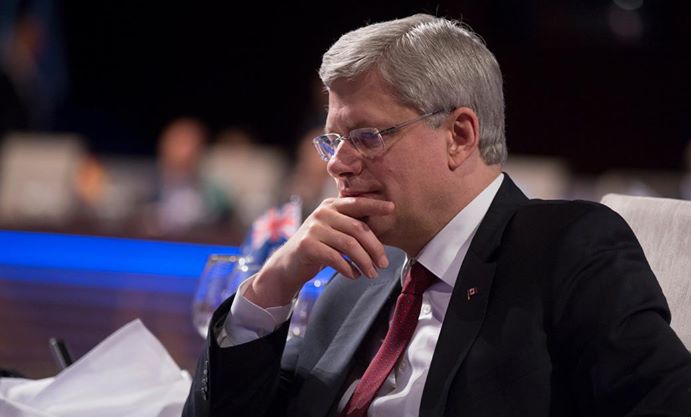
TORONTO — The director of the influential World Trade Organization says nations around the planet are keeping a close eye on how Canada and the European Union overcome the stumbling blocks of their ambitious trade agreement.
WTO chief Roberto Azevedo shared his thoughts about the Canada-EU pact in a recent interview and weighed in on concerns that some European countries might still try to sink the agreement.
Azevedo said obstacles in Canada-EU negotiations are to be expected, plus he believes they can provide teaching moments for trading nations around the globe.
“The world is watching,” Azevedo told The Canadian Press.
“They may help other negotiations and other negotiators in figuring out similar ways to move forward.”
Last month in Ottawa, Prime Minister Stephen Harper and EU leaders announced their five years of difficult negotiations had been completed. They insisted all 28 EU countries supported the agreement, even though a handful of them continued to grumble over the deal.
European diplomats said there was concern Romania and Bulgaria could prevent its ratification if Canada failed to lift visa requirements for travellers from the two countries.
The discontent followed reports that surfaced in the summer and again this fall about opposition in Germany to an investor-state dispute-settlement mechanism, which would give corporations the right to sue for damages stemming from new legislation that hurts their bottom lines.
When asked about the obstacles, Azevedo said hurdles like these are common in trade talks, particularly when negotiations involve so many countries.
“(European countries) all have different views about these things, so it’s common that the European Union has a hard time negotiating amongst themselves before they even get to the table to negotiate with the other countries,” he said, adding the Canada-EU deal is more innovative than older trade agreements and breaking new ground.
“I think everybody’s going to be looking at the results to see whether they inspire … other negotiations — bilateral or multi-laterally in Geneva.”
The Canada-EU deal is an agreement outside of the WTO, which is a 20-year-old multilateral trading system with 159 member states.
One international trade consultant said the reason the world is watching Canada and the EU so closely is actually because of another much bigger deal: the proposed U.S.-EU trade pact.
“It’s the precursor to the big show,” Laura Dawson, president of Ottawa-based Dawson Strategic, said of the Canada-EU deal.
Dawson said while Canada is a much smaller economic player by comparison, its negotiations are seen as a “practice round” for the EU as it seeks common ground with the Americans.
Canada, she added, provides Europeans with a model of North American trade practices, especially in areas like intellectual property, genetically modified organisms and investor-state dispute settlements.
Dawson said the U.S.-EU deal has even replaced the WTO as the trade agreement the world is paying attention to.
“It’s a clash of the titans,” she said.
“And so, we’re all just going to sit around and see how that plays out. And how that plays out will really shape how the rest of us trade in the future.”